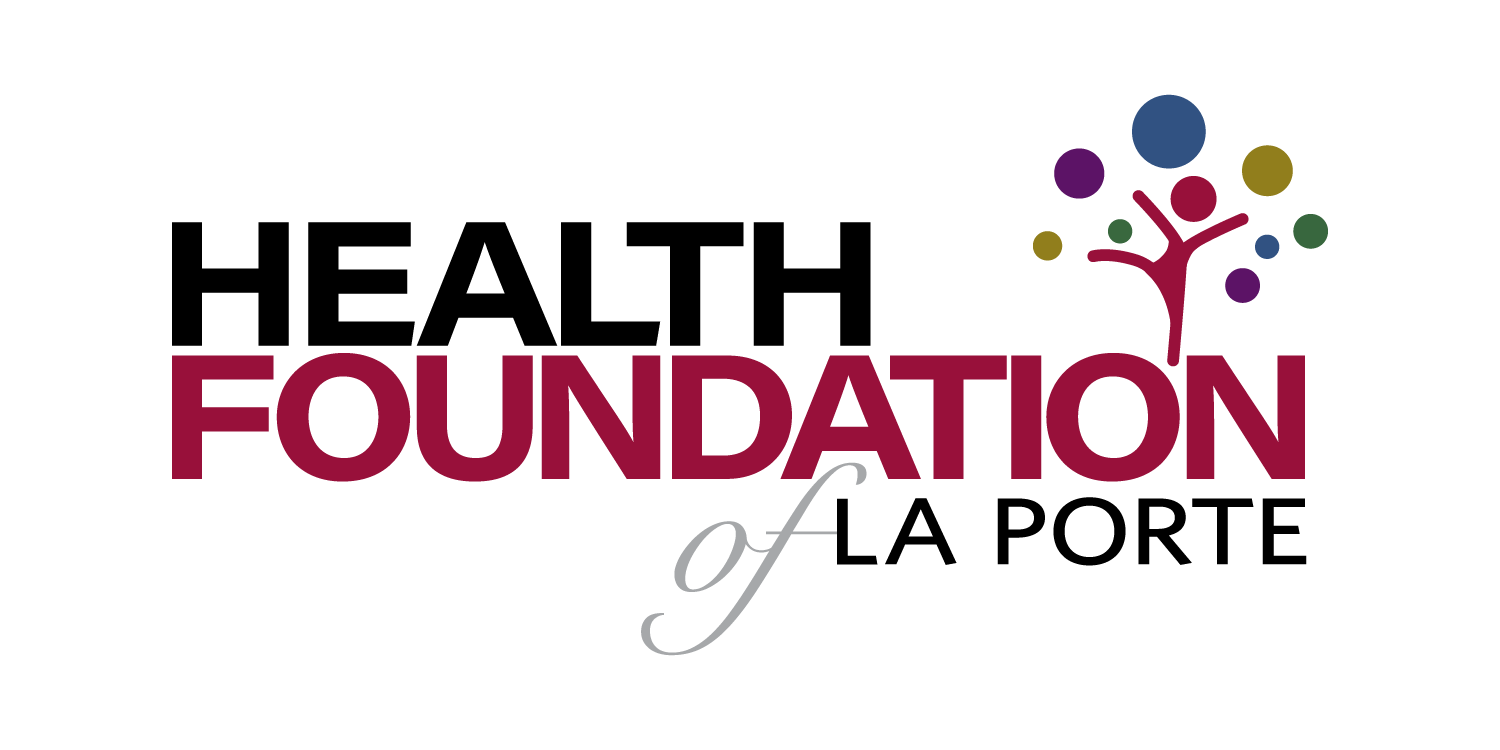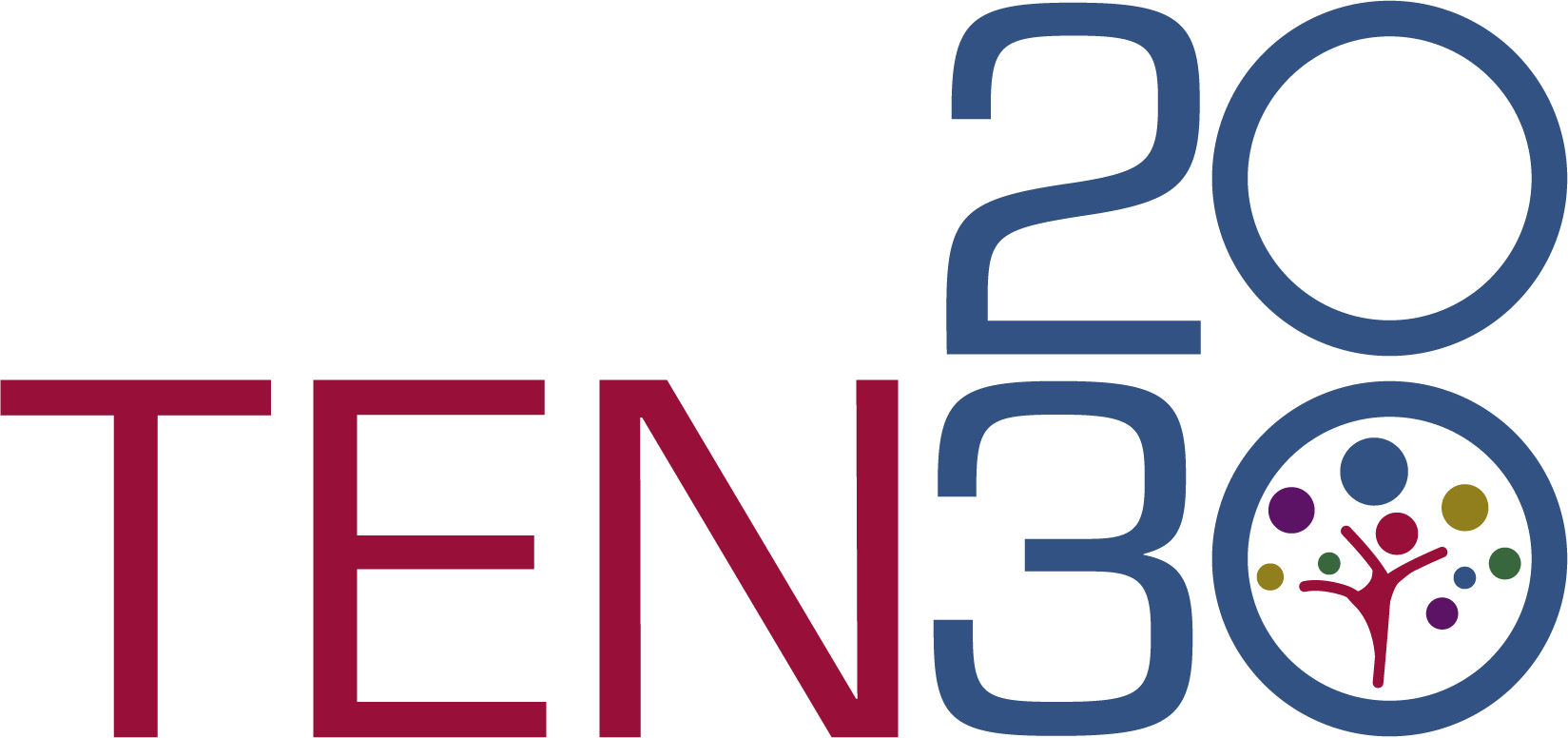Promising Practices
The Promising Practices database informs professionals and community members about documented approaches to improving community health and quality of life.
The ultimate goal is to support the systematic adoption, implementation, and evaluation of successful programs, practices, and policy changes. The database provides carefully reviewed, documented, and ranked practices that range from good ideas to evidence-based practices.
Learn more about the ranking methodology.
Filed under Effective Practice, Environmental Health / Toxins & Contaminants, Urban
Goal: The goal of the Coalition was to encourage the EPA to add dioxins as reportable chemicals unter the Toxics Release Inventory
The Developmentally Supportive Care: Newborn Individualized Developmental Care & Assessment Program (Boston, MA)
Filed under Effective Practice, Health / Maternal, Fetal & Infant Health, Children, Families
Goal: The goal of NIDCAP is to maximize physical, mental, and emotional growth, health, and other positive outcomes for infants in NICUs.
Filed under Effective Practice, Education / Educational Attainment
Goal: The goal of this program is to recognize and reward outstanding public service, academic excellence, and community service.
Filed under Evidence-Based Practice, Health / Disabilities, Adults
Goal: The program's goal was to eliminate the waiting period for access to health care benefits for newly entitled SSDI beneficiaries, and see if this investment has long-term benefits.
Impact: The AB Demonstration project successfully increased the use of health care services and reduced the reported unmet health care needs of participants in the program.
Filed under Good Idea, Health / Maternal, Fetal & Infant Health, Women, Racial/Ethnic Minorities, Urban
Goal: The mission of the By My Side Birth Support Program is to provide birth support and encourage breastfeeding among low-income and immigrant mothers living in Brooklyn through the use of doula services.
Impact: By March 2012, the By My Side Birth Support Program successfully trained more than 30 women in the community. These doulas, along with those already working for By My Side, participated in more than 100 births.
Filed under Evidence-Based Practice, Health / Prevention & Safety
Goal: The goal of Emergency Department Means Restriction Education is to help parents and adult caregivers of at-risk youth recognize the importance of taking immediate action to restrict access to firearms, alcohol, and prescription and over-the-counter drugs in the home in order to lessen the risk of self harm.
Impact: The Means Restriction program shows that ED-based programs and provided practical information can help parents and adult caregivers of at-risk youth recognize the importance of taking immediate, new action to restrict access to dangers in the home.
Filed under Evidence-Based Practice, Community / Public Safety, Older Adults
Goal: The Pennsylvania Department of Aging offers this fall risk screening and prevention program to adults 50 years of age and older. The program is designed to raise awareness of falls, introduce steps on how to reduce falls, improve overall health, and provide referrals and resources.
Filed under Evidence-Based Practice, Health / Children's Health, Children, Families, Urban
Goal: Improve early identification of concerns and initiate interventions to improve the health, development and emotional wellness of children, newborn to age three.
Impact: HSFYC parents were less likely to use severe discipline (OR: 0.68) and more likely to negotiate with their child (OR: 1.20). HSFYC parents had greater odds of reporting a clinical or borderline concern regarding their child's behavior (OR: 1.35).
Filed under Evidence-Based Practice, Economy / Housing & Homes, Adults, Urban
Goal: The goal of Pathways to Housing, Inc. is to provide independent housing, treatment services for physical and mental health, and employment to mentally ill individuals who are chronically homeless.
Impact: Pathways to Housing has received numerous awards for its projects in New York City, Philadelphia, and D.C. In addition to achieving large effects in terms of housing outcomes, compared with standard care in the community, Housing First also improves community functioning and quality of life.
Filed under Evidence-Based Practice, Economy / Employment, Adults, Families
Goal: The goal of the PASS Program is to promote job retention and advancement among individuals leaving the Temporary Assistance for Needy Families (TANF) program.
Impact: The PASS program did not meet the goal of having its participants retain their initial jobs. However, PASS did result in PASS participants being more likely to find new jobs (occasionally with higher earnings) after having lost or moved on from previous jobs.

